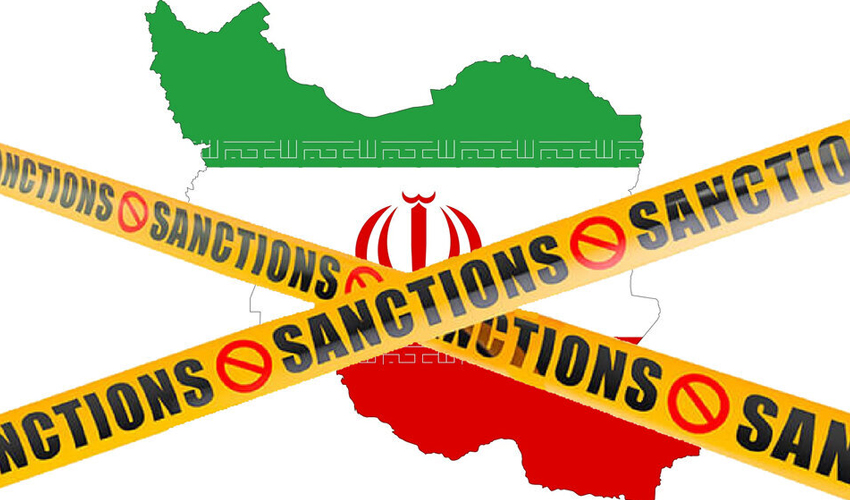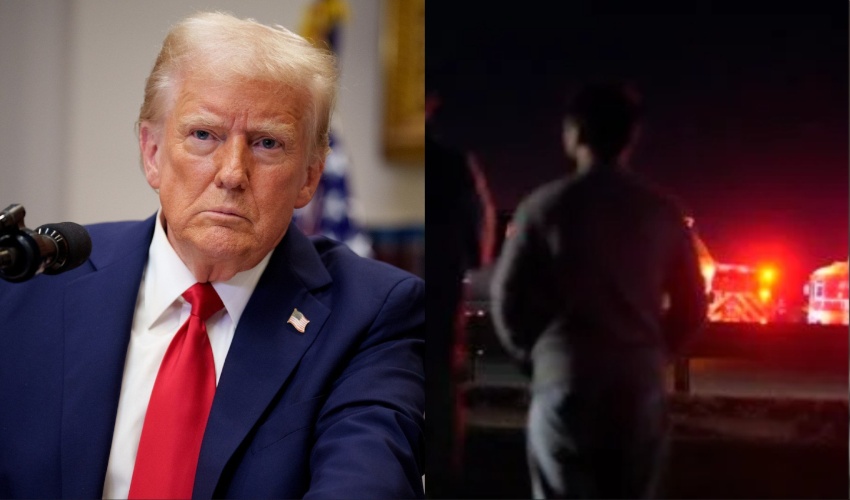In response to Iran’s recent attack on Israel, both the United States and the United Kingdom have implemented fresh sanctions targeting individuals and entities associated with Iran's drone program and its destabilizing regional activities.
The US Treasury Department has sanctioned 16 individuals and two entities involved in Iranian drone production, while the UK has sanctioned seven individuals and six entities facilitating Iran's regional activities.
The aim of these sanctions, as stated by the US Treasury, is to disrupt key aspects of Iran's malign activity, while UK Prime Minister Rishi Sunak emphasized that they will limit Iran's ability to conduct future attacks. Notably, the sanctions do not directly target Iran's oil industry but focus on entities materially supporting Iran's Islamic Revolutionary Guard Corps.
These developments come amidst Israel's deliberations on how to respond to Iran's recent attack, which involved drone and missile strikes following the bombing of the Iranian consulate in Damascus.
Despite calls from Western counterparts, including Britain, for restraint in its response, Israeli Prime Minister Benjamin Netanyahu has reiterated Israel's determination to make its own decisions in this regard.
The announcement of sanctions coincided with British Foreign Secretary David Cameron's participation in a G7 meeting in Capri, where discussions on the situation in the Middle East took place.
The United States, along with European allies and President Joe Biden, has been urging Israel to exercise restraint. However, Netanyahu's statement underscores Israel's commitment to autonomy in its decision-making process.
This latest development underscores ongoing tensions in the Middle East and the complex dynamics surrounding international relations and defense policies in the region.
As Iran's actions continue to draw international condemnation and responses, the situation remains fluid, with implications for regional stability and global security.



























